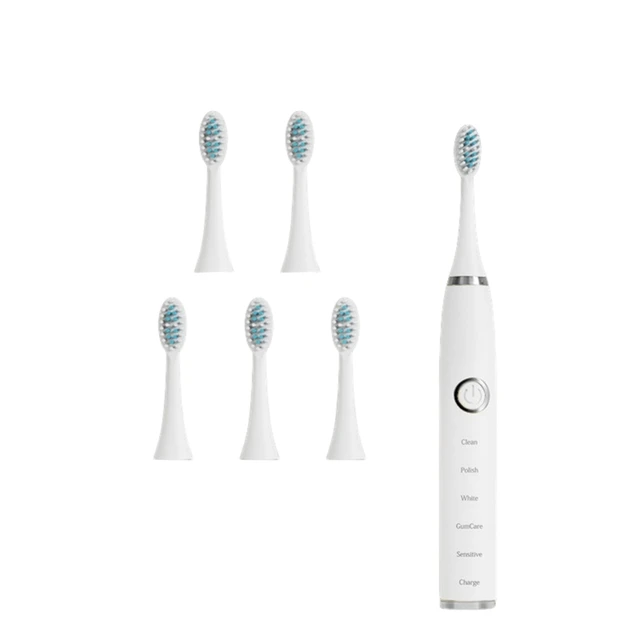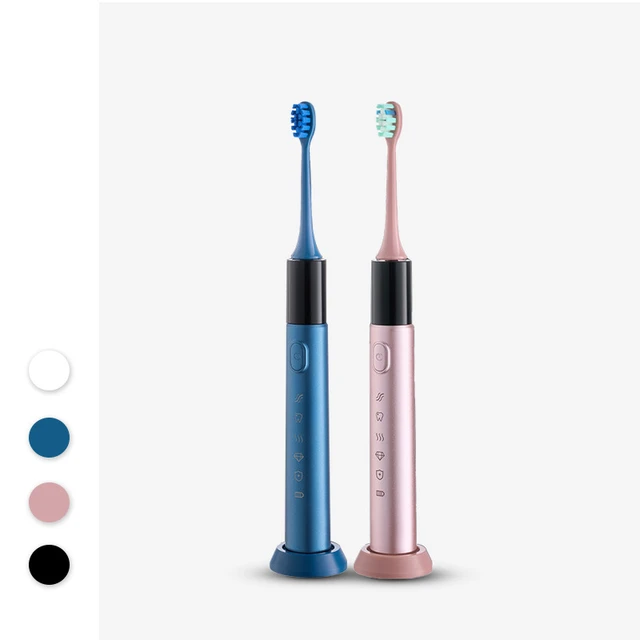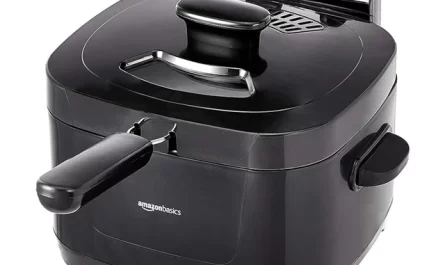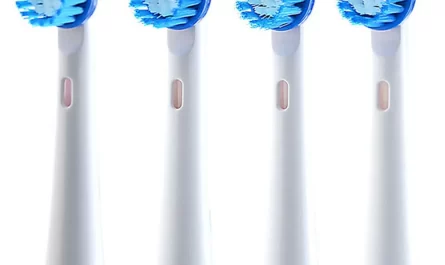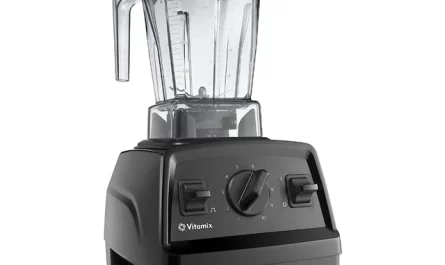Maintaining a bright and healthy smile is a priority for many people. One common question arises when contemplating dental hygiene tools: does electric toothbrush whiten teeth? While electric toothbrushes offer significant benefits for oral care, it’s essential to delve deeper into how they affect the color of your teeth. In this article, we will explore various aspects of electric toothbrushes, their cleaning efficacy, how they compare with manual brushes, and the science behind tooth whitening.
Understanding Teeth Discoloration
Causes of Tooth Staining
Before we can answer whether an electric toothbrush can whiten teeth, we need a better understanding of why teeth become discolored in the first place. Teeth can stain for multiple reasons, including:
- Diet: Consuming foods and drinks that are high in pigments can lead to staining. Common culprits include coffee, tea, red wine, and certain fruits like berries.
- Tobacco Use: Smoking or chewing tobacco is one of the leading causes of tooth discoloration.
- Poor Oral Hygiene: Inadequate brushing and flossing can lead to plaque buildup, which can eventually harden into tartar and contribute to discoloration.
- Aging: As you age, the enamel on your teeth wears away, and the yellowish dentin underneath becomes more visible.
- Medical Conditions: Some diseases and medications can affect the color of your teeth. For instance, exposure to certain antibiotics during childhood can lead to permanent discoloration.
Types of Tooth Stains
Understanding the types of stains can help in determining how various brushing methods might impact whitening. There are generally two categories:
- Extrinsic Stains: These are stains on the outer surface of the tooth, often caused by food, drink, or tobacco. Brushing regularly can help reduce these stains.
- Intrinsic Stains: These involve discoloration within the tooth structure, often due to factors like genetics or trauma. These are less affected by brushing techniques alone and may require professional treatment for improvement.
Electric Toothbrush vs. Manual Toothbrush
The Efficacy of Electric Toothbrushes
An electric toothbrush has distinct advantages over a manual toothbrush. Studies indicate that electric toothbrushes can remove more plaque and reduce gingivitis more effectively than manual brushing. The oscillating and rotating motions allow for more thorough cleaning, particularly in hard-to-reach areas.
Plaque Removal
Electric toothbrushes typically have dynamic bristle movements that can oscillate or pulsate at hundreds of movements per minute. This greater frequency and motion allow for more effective plaque removal compared to a manual toothbrush. Since plaque is often the precursor to stains, using an electric toothbrush may help prevent further discoloration.
Consistency in Brushing
One of the benefits of electric toothbrushes is that they often come with timers and pressure sensors. This ensures that users are brushing for the recommended two minutes and are not applying too much pressure, which can damage gums and enamel. When used correctly, this can contribute to better overall dental hygiene.
How Electric Toothbrushes Impact Whitening
Mechanisms of Whitening
While electric toothbrushes do not contain any whitening agents, they can contribute to the appearance of whiter teeth in a few ways:
- Improved Cleaning Ability: As mentioned earlier, the enhanced cleaning ability of electric toothbrushes can help remove surface stains more effectively.
- Compliance with Good Oral Hygiene: People using electric toothbrushes may be more motivated to maintain proper oral hygiene, which can contribute to longer-lasting whiteness and less discoloration.
Limitations of Electric Toothbrushes
Despite their advantages, electric toothbrushes are not miracle workers in teeth whitening. Here are some limitations:
- Intrinsically Stained Teeth: As previously noted, intrinsic stains are less responsive to typical brushing methods. If the discoloration is deep-seated, it may require professional whitening treatments.
- Relying Solely on Brushing: Using an electric toothbrush alone will not lead to significantly whiter teeth if other aspects of oral care, like flossing and regular dental visits, are neglected.
Other Methods for Teeth Whitening
Professional Whitening Treatments
For more pronounced results, many individuals opt for professional whitening treatments performed by a dentist. These may include:
- In-Office Whitening: These treatments often involve applying a strong whitening agent to the teeth and may include the use of lasers or light to enhance the effects. Results can be seen almost immediately.
- At-Home Whitening Kits: Many dentists provide custom-made trays with professional-strength whitening gel for at-home use. These can lead to dramatic improvements over several applications.
Over-the-Counter Whitening Products
There are various over-the-counter options available for whitening teeth, including:
- Whitening Toothpaste: These usually contain mild abrasives that can help polish teeth and reduce surface stains.
- Whitening Strips: These are thin, flexible strips coated with a peroxide-based gel. They can be effective for mild to moderate tooth staining.
- Whitening Gels and Mouth rinses: Similar to toothpaste but often more concentrated in whitening agents.
Natural Remedies for Tooth Whitening
Some people turn to natural remedies for teeth whitening. While these methods may not provide dramatic results, they can contribute to a brighter smile when used correctly.
- Baking Soda: This common household item acts as a mild abrasive, which can help scrub stains from the surface of teeth.
- Activated Charcoal: Some advocate for its use due to its adsorptive properties. However, caution is recommended as frequent use may wear down enamel.
- Hydrogen Peroxide: A natural bleaching agent that can be used in low concentrations. It’s essential to be cautious and consult a dentist to avoid overuse.
The Role of Diet in Teeth Whitening
Foods that Can Help
- Crunchy Fruits and Vegetables: Foods like apples, carrots, and celery can act as natural toothbrushes, helping to scrub away surface stains.
- Dairy Products: Cheese, yogurt, and milk can help neutralize acids in the mouth, which can contribute to enamel health and reduce staining.
- Nuts and Seeds: Chewing nuts can help in cleaning teeth as they require a considerable amount of chewing, which increases saliva production.
Foods to Avoid
Conversely, certain foods can exacerbate discoloration:
- Sugary Snacks: Sugar can promote the growth of bacteria that lead to plaque buildup.
- Acidic Foods: Foods high in acids can wear down enamel, making teeth more susceptible to staining.
- Darkly Pigmented Foods: Limiting intake of coffee, tea, red sauce, and soy sauce can stave off new stains.
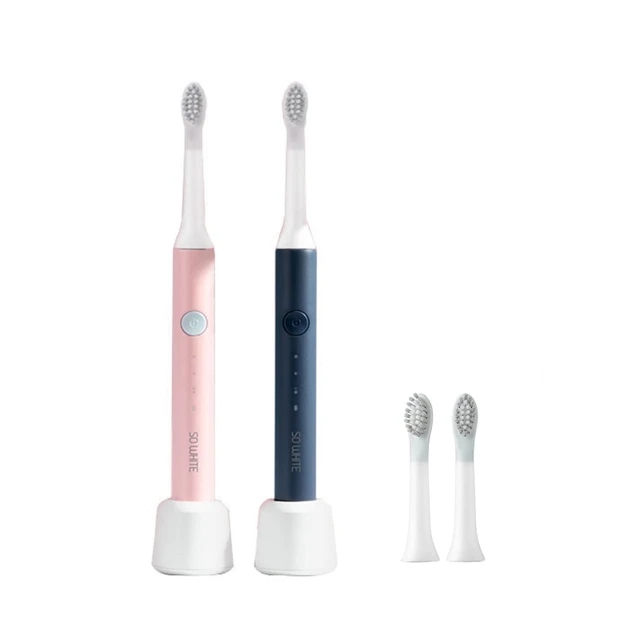 The Importance of Regular Dental Check-ups
The Importance of Regular Dental Check-ups
No matter how effective your brushing technique, professional dental cleanings are essential for maintaining optimal oral health. Dentists can:
- Professionally Clean Teeth: A hygienist can remove tartar that regular brushing might miss.
- Monitor Oral Health: Regular exams can catch problems like cavities and gum disease early on.
- Provide Custom Advice: Tailored recommendations based on your dental health can significantly impact your oral care routine.
The Psychological Impact of Whiter Teeth
Confidence Booster
The appearance of one’s teeth can significantly impact self-esteem. A bright, white smile often translates to increased confidence. When someone feels good about their smile, they are more likely to engage socially and confidently.
Societal Perceptions
Society often equates whiter teeth with youth and vitality. This belief underpins the flourishing industry of teeth whitening, where people are willing to invest considerable time and money in achieving a perfect smile.
Conclusion
So, does electric toothbrush whiten teeth? The answer isn’t straightforward. While electric toothbrushes can contribute to improved oral hygiene and may help reduce surface stains, they are not designed as a whitening treatment. For significant whitening results, you should consider a comprehensive approach that includes professional treatments and good oral hygiene habits. By incorporating the right tools, such as an electric toothbrush, maintaining a healthy diet, and visiting your dentist regularly, you can achieve a cleaner, brighter smile. In the end, achieving and maintaining whiteness involves a combination of factors, and a proper oral care routine can go a long way in getting you there.

